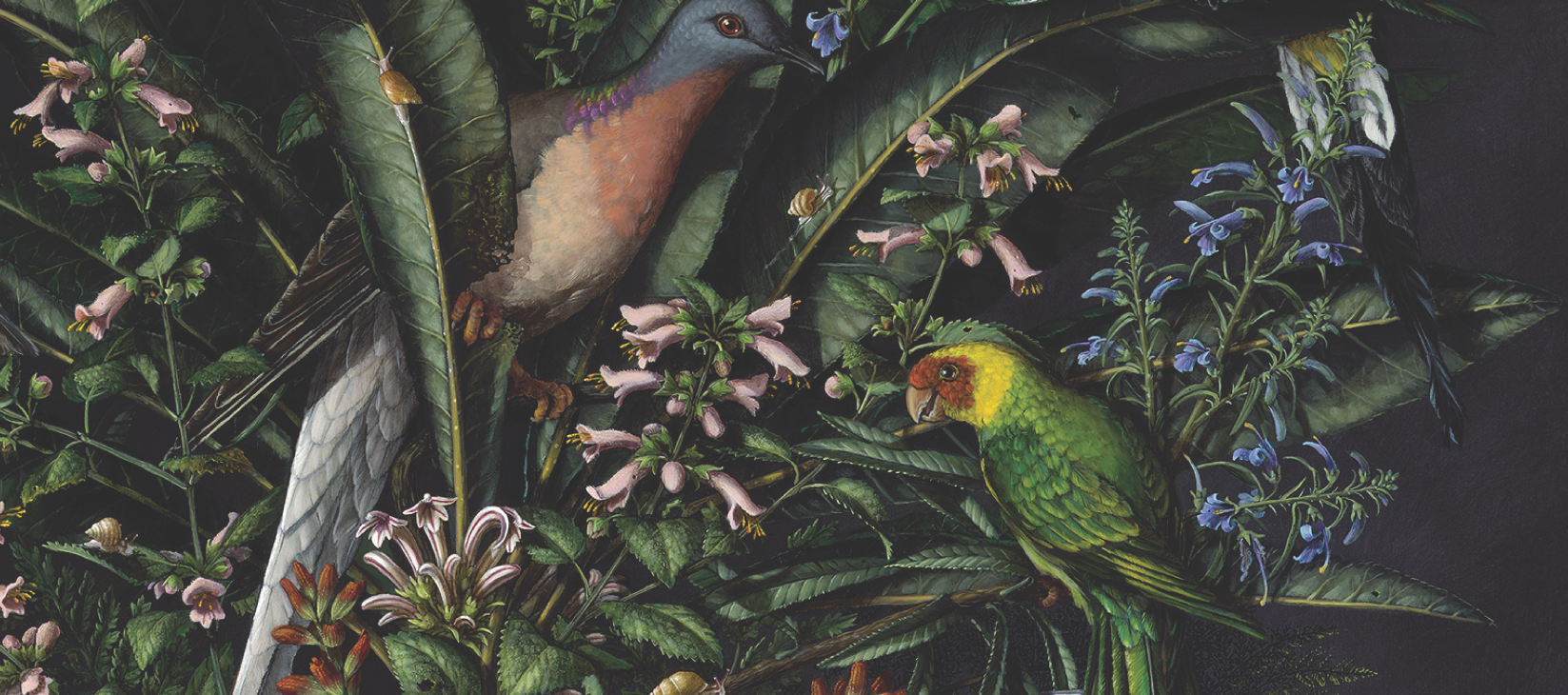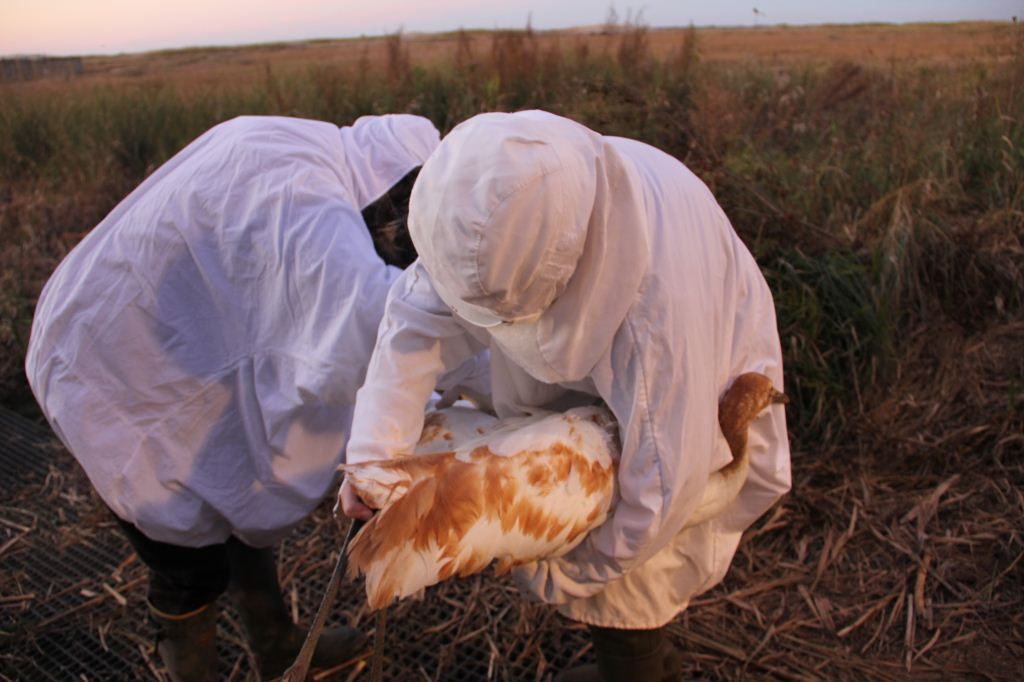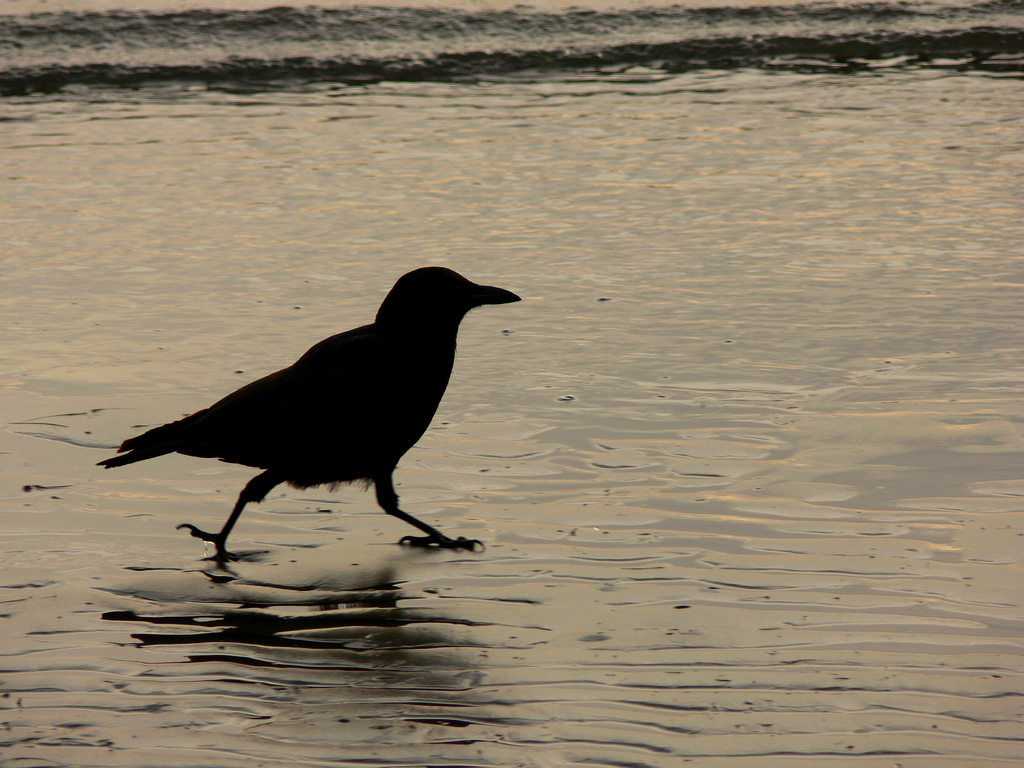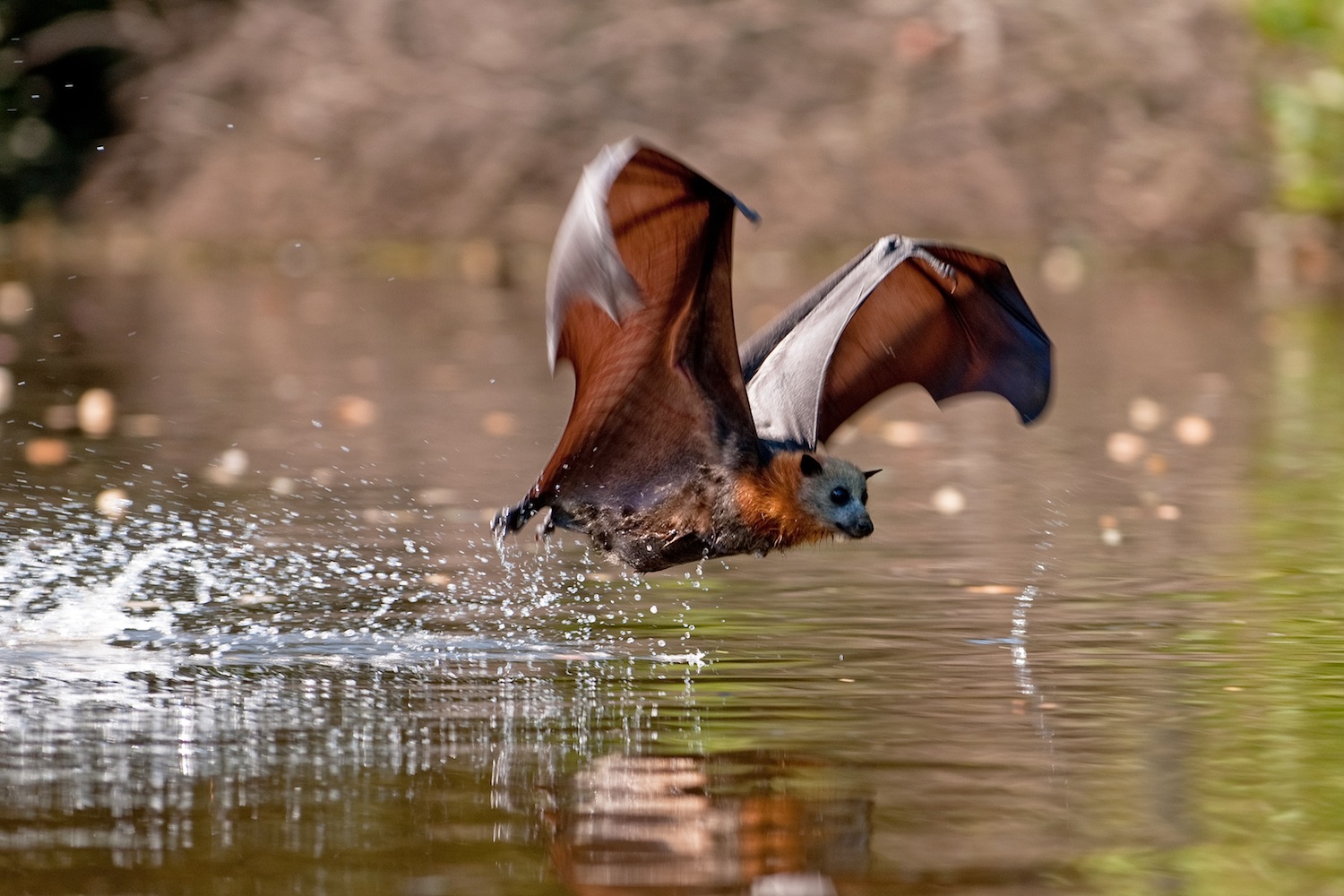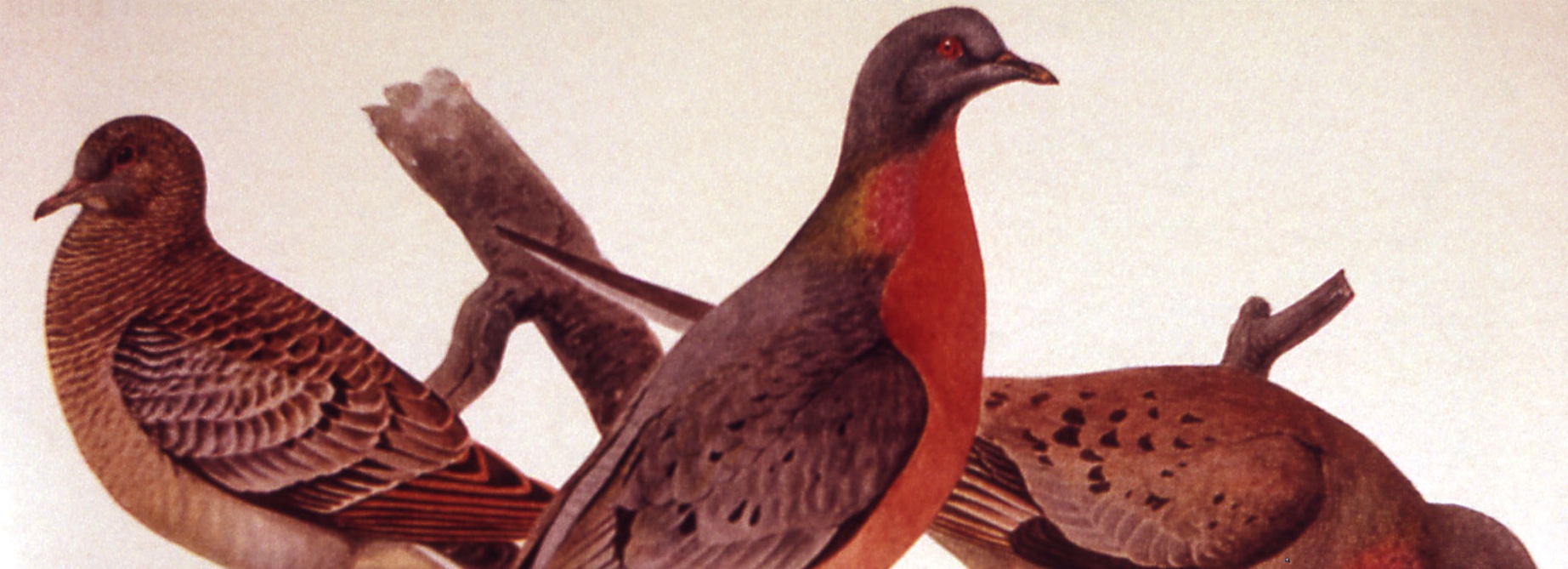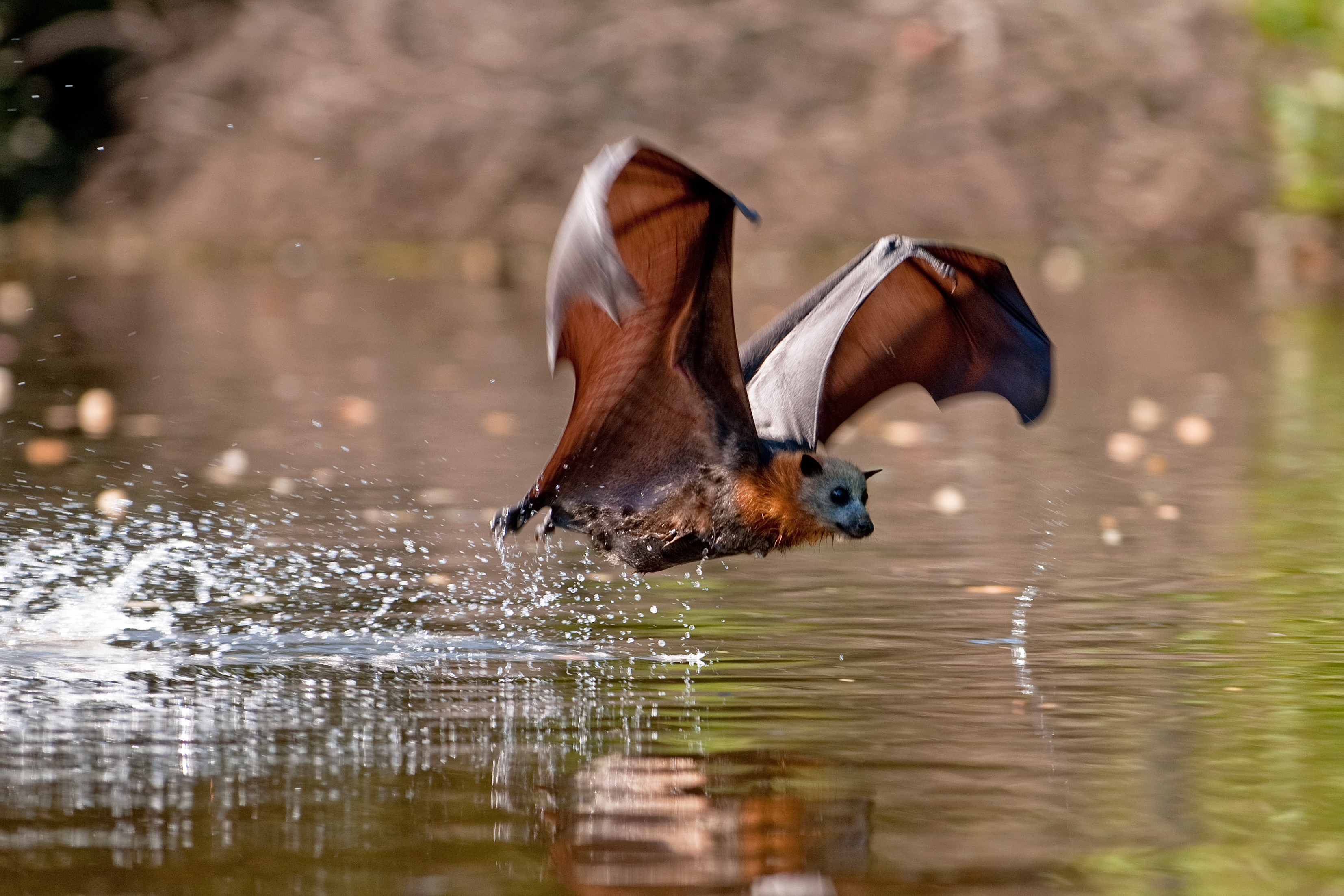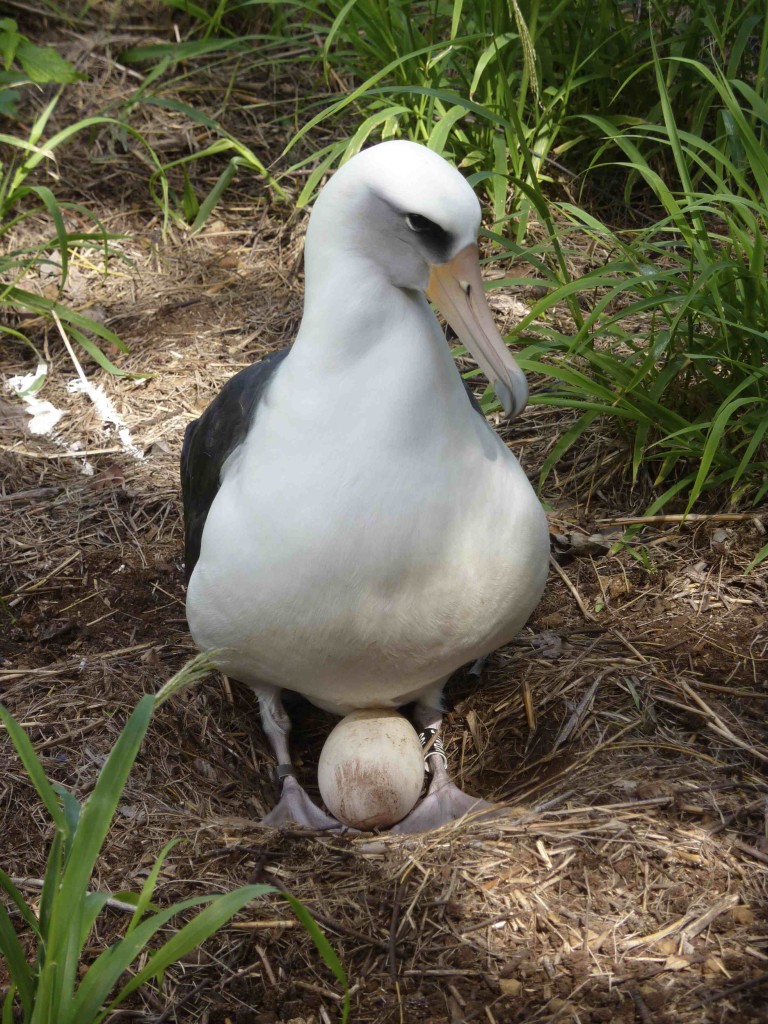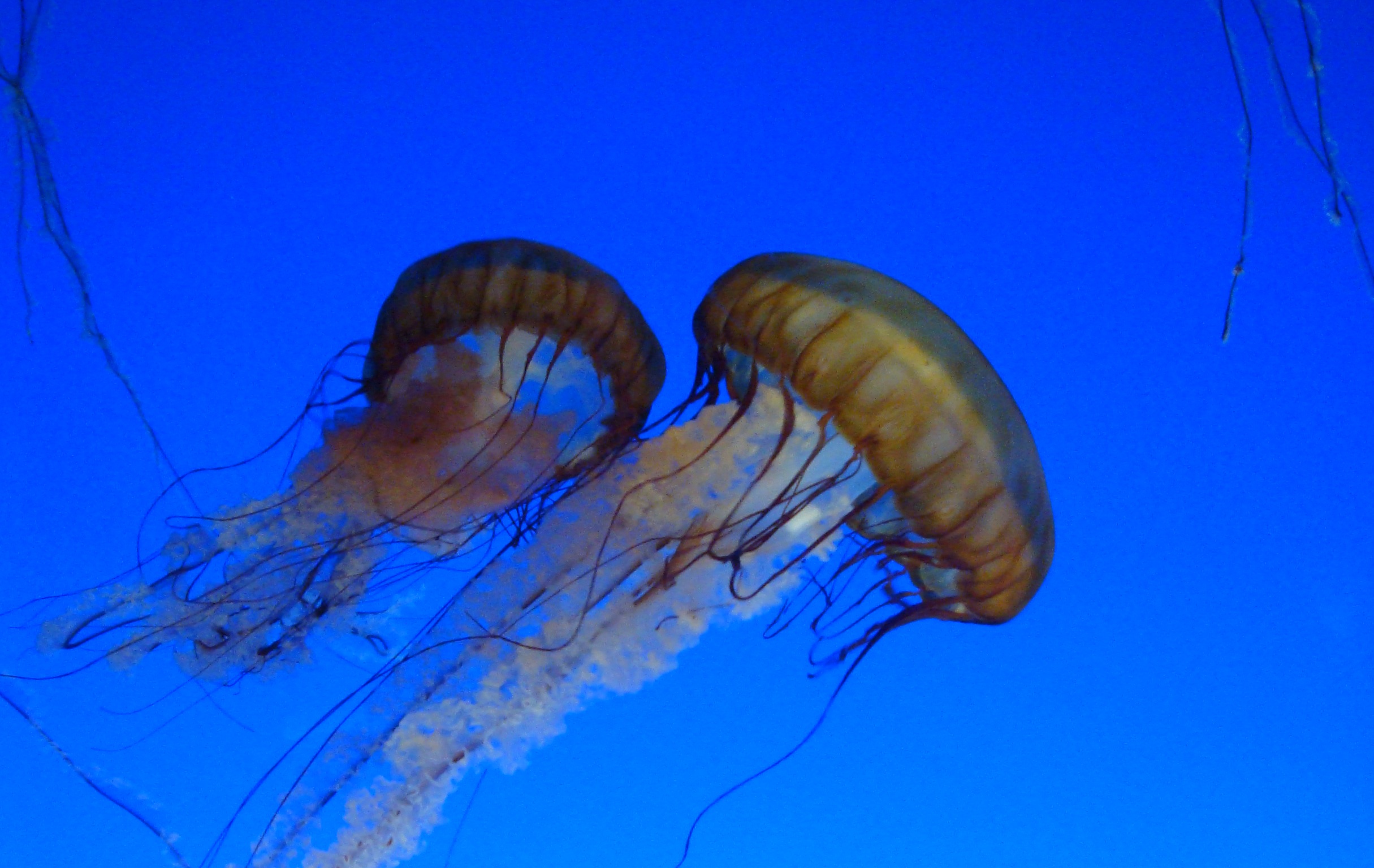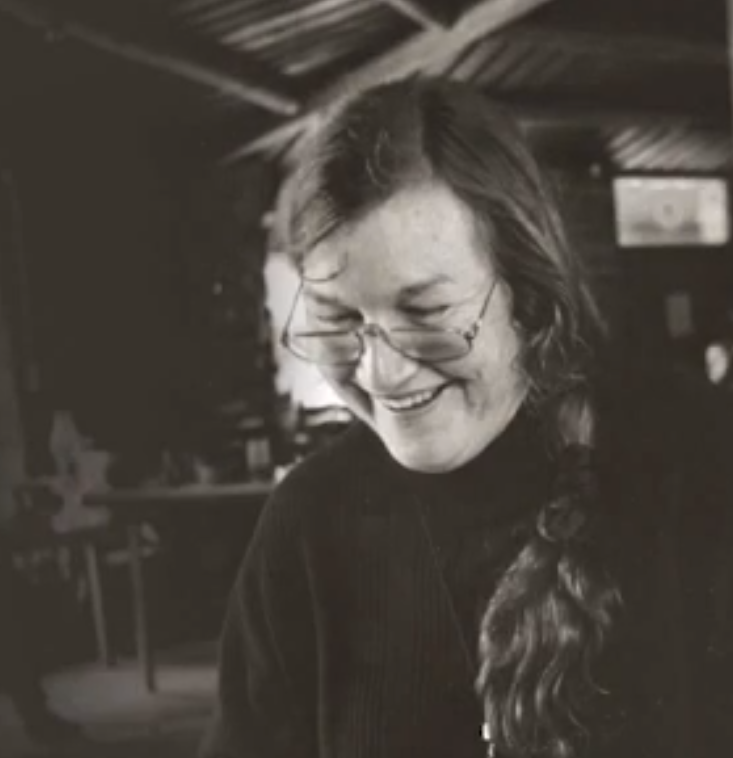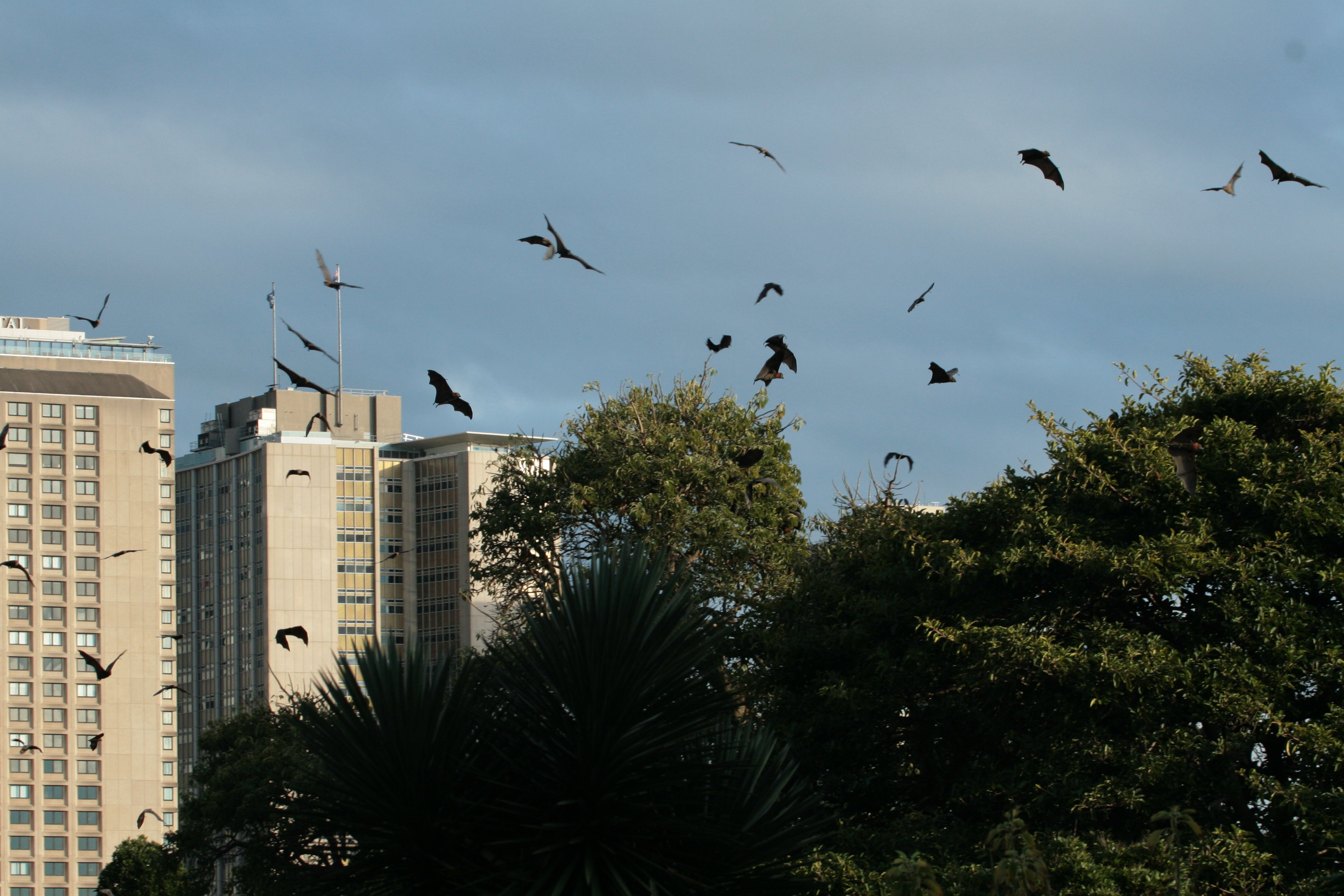We have now finalised our new edited collection: Extinction Studies: Stories of Time, Death and Generations, to be published by Columbia University Press in May
Read MoreTranslocation, captive breeding, somatic cell nuclear transfer (cloning), back-breeding, gene and seed banking—the list goes on. Today, there are a whole range of different technologies
Read MoreThom van Dooren: I am currently beginning work on a new 3-4 year research project focused on crows around the world. Below are a few
Read MoreDeborah Rose: January 2014 – Australia has just come through its hottest year on record, and the new year is bringing ever more record breaking
Read MoreThis post was written by Thom van Dooren and Deborah Rose. It is the text of a short presentation delivered at “Dangerous Ideas in Zoology,”
Read MoreDeborah Rose: Virtues are easily lost, the cynics tell us, but vices linger remorselessly. Indeed, vice-like habits can take on a life of their own
Read MoreThom van Dooren: I recently wrote a short reflective piece on the anthropocene, prompted by an encounter with an albatross. ____ “As we approached this
Read MoreMichelle Bastian: This is an excerpt from a post that originally appeared on the More-than-Human Participatory Research project blog, which explores the theory behind the
Read MoreA celebration of the life and legacy of Australian environmental philosopher Val Plumwood, who was almost killed by a saltwater crocodile in Kakadu National Park
Read MoreTwo years ago I began investigating flying foxes and the people who rescue, foster, and rehabilitate them, and serve as their advocates. I didn’t (or
Read More